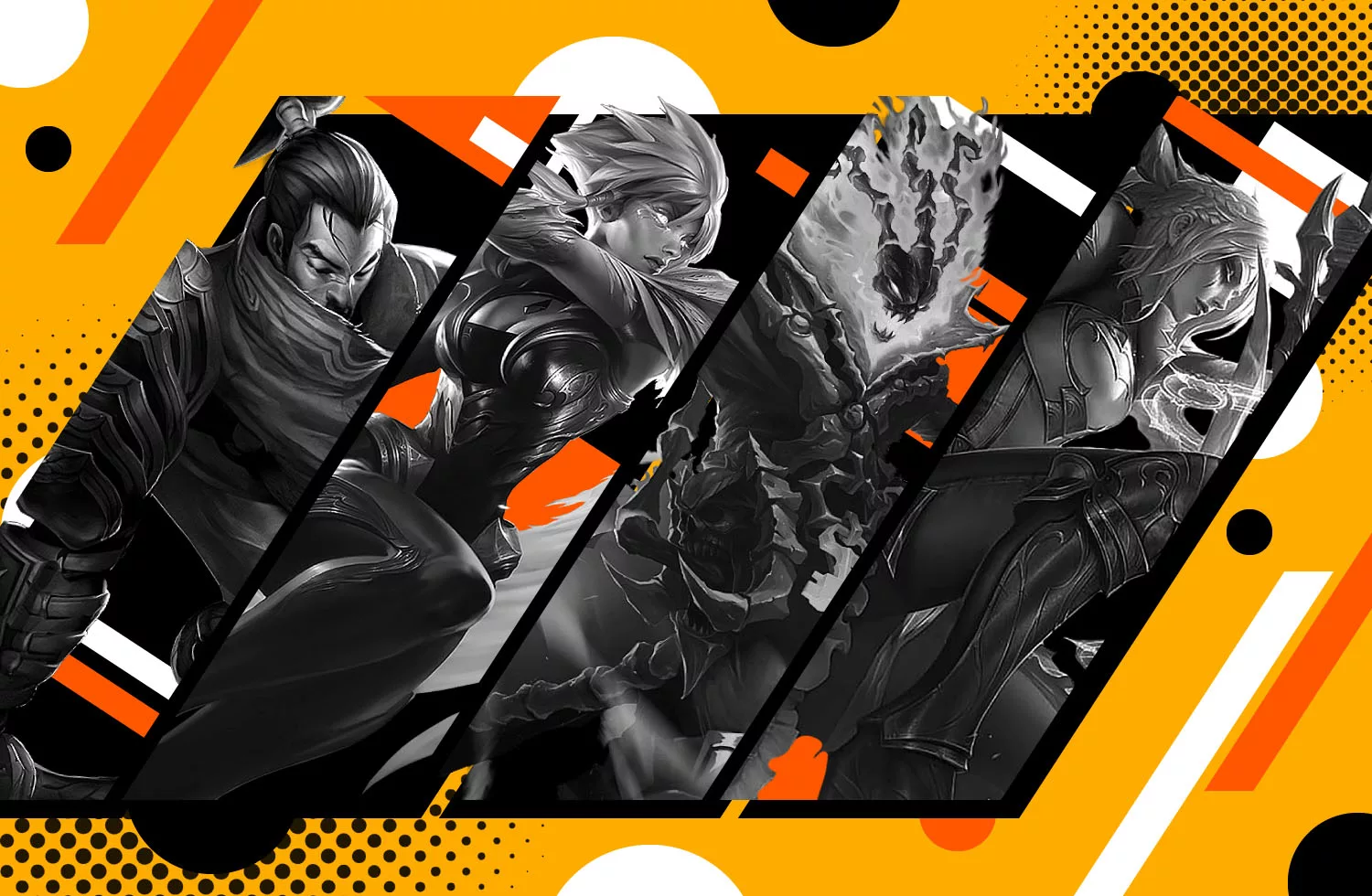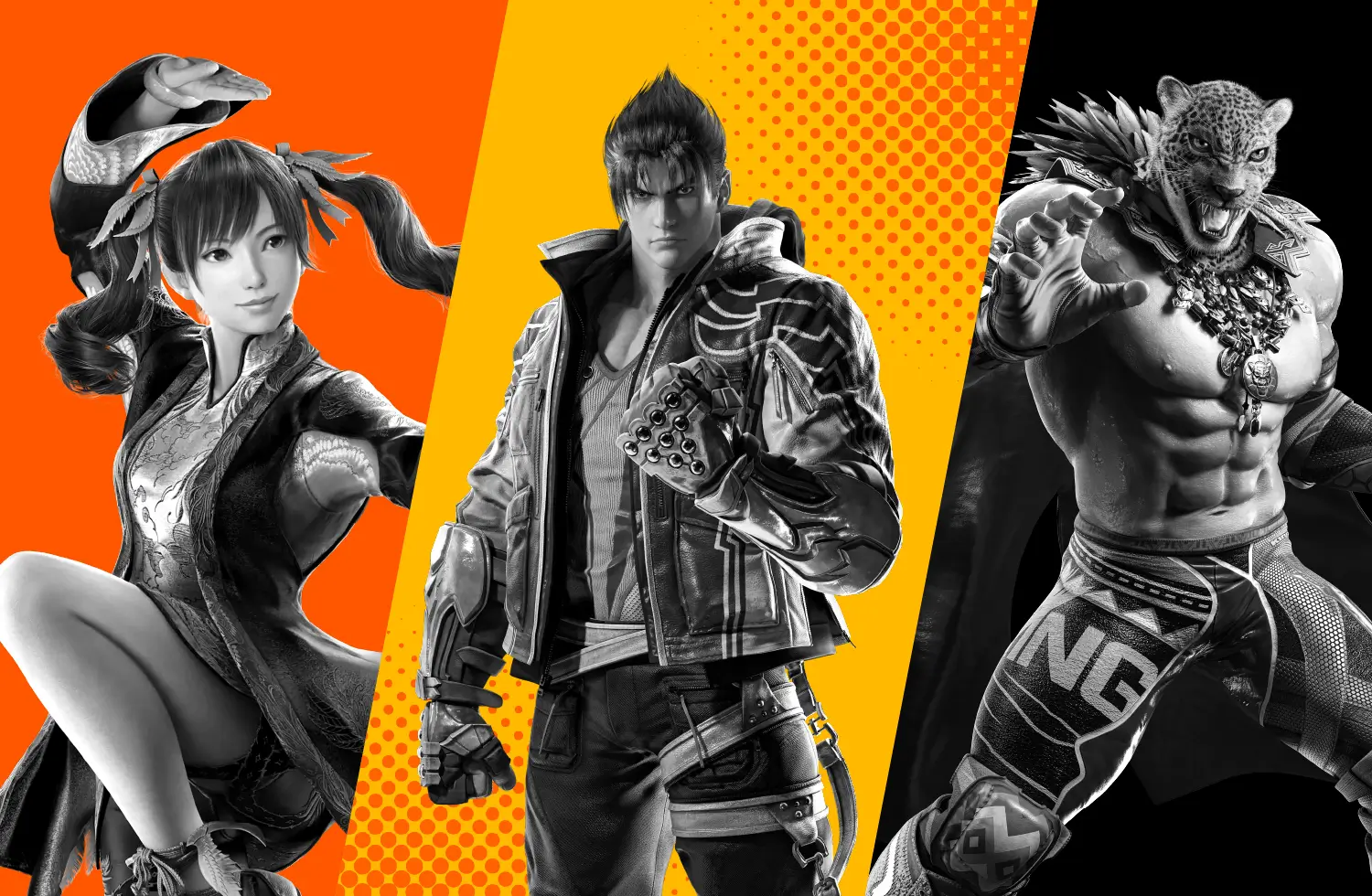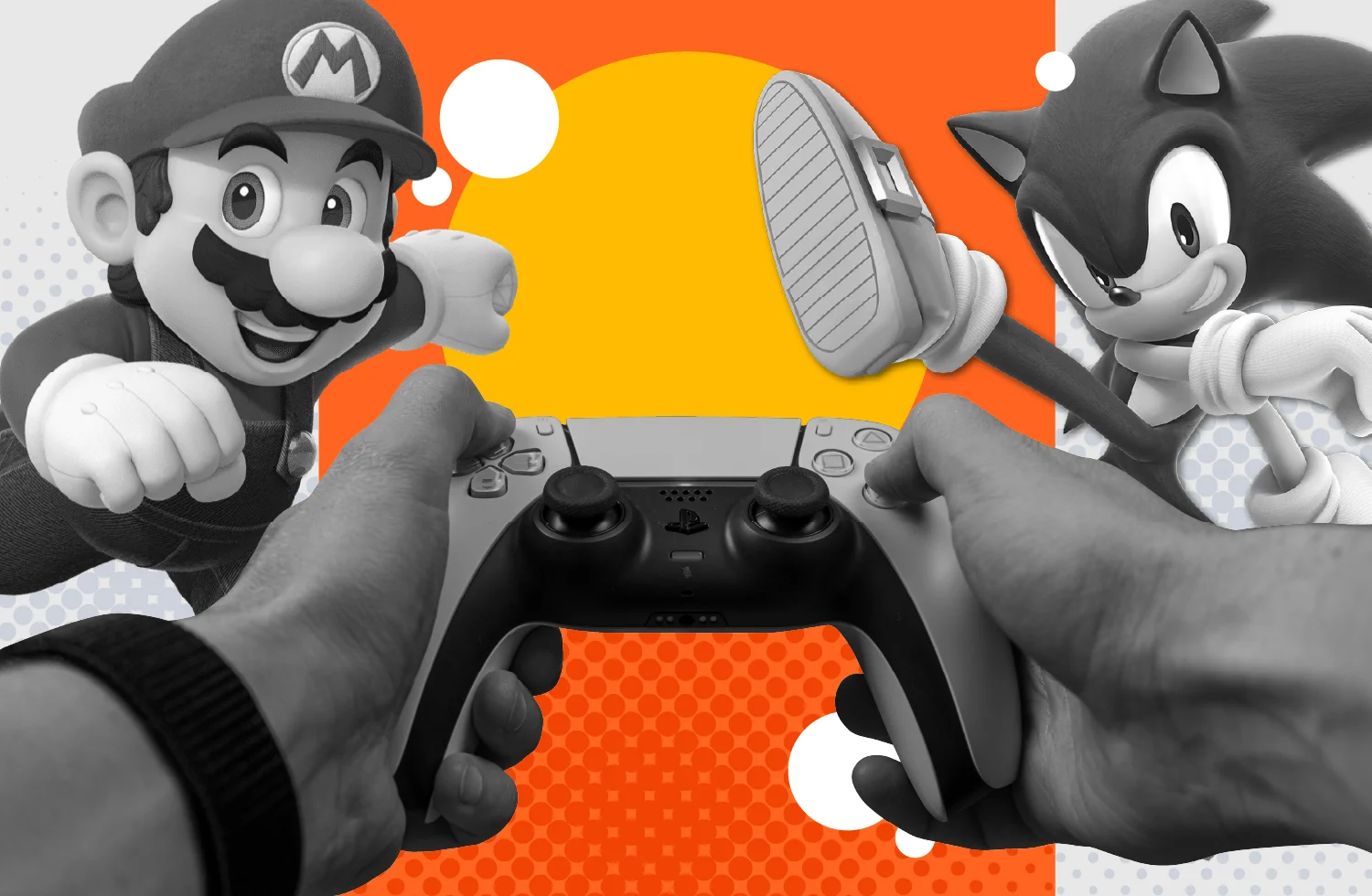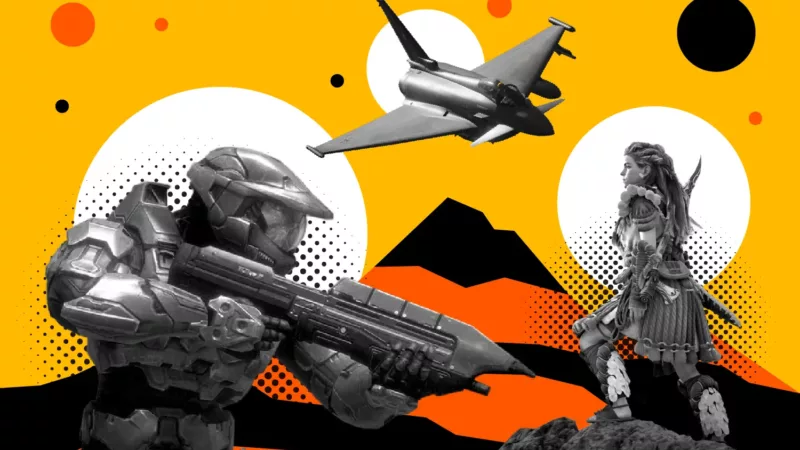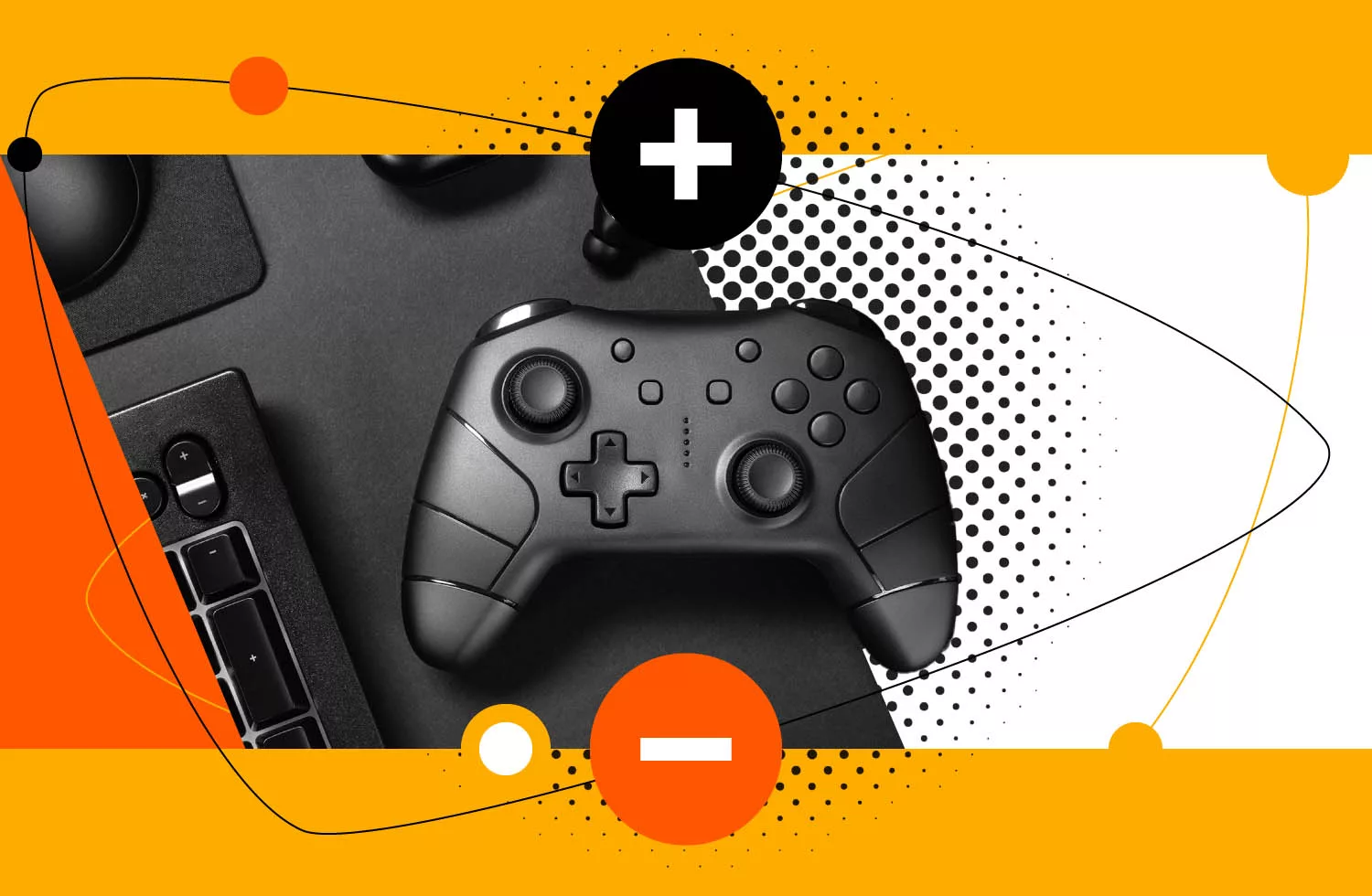
It is strange to consider now, but, once upon a time, gaming had a bit of a reputation as an antisocial pastime. These days, however, that could not be further from the truth.
The entertainment world is truly existing in the age of social gaming and this article is going to explore what the concept means and how it has developed. In addition, you can read on to discover some pointers on how you can determine whether you are a social gamer.
What is Social Gaming & What Makes a Game Social?
Social gaming, essentially, refers to any form of gaming that involves interacting with other individuals.
While some might argue that all games require multiple players, it is worth remembering that that has not always been the case in the video gaming world. Many titles on consoles, PCs, and other devices through the years have featured strong single-player elements, with multiplayer options being a kind of add-on. After all, to play with friends back in the day you needed them in the room with you, while you also had to have a spare controller to hand.
These days, though, things are much different. The internet has transformed many aspects of people’s lives, but its impact on gaming has been revolutionary. Online multiplayer gaming has become the norm for many people, as players are now able to connect with others in gaming environments across PC, laptop, console, and mobile. Put simply, this is an era of social gaming.
Why Are Social Games So Popular?
Probably because, by their very nature, people are all social animals, who love to connect and interact with people – and social gaming experiences give players the chance to do that.
The titles are also often based around exciting and fantastical environments, which brings another layer to the enjoyment on offer.
Is Gaming a Social Medium?
In a sense, social gaming has essentially become a form of social media. However, social media in its purest form often refers to the likes of Facebook, Twitter, and Instagram. Gaming does not share the main attributes of those types of services.
Are You a Social Gamer?
Ever wondered what type of gamer you are? Thanks to something known as the Bartle taxonomy of player types, you can find out what sort of personality you have and how it may manifest itself in the social gaming world.
The concept revolves around how you fit into four distinct personality types: Achievers, Explorers, Socializers, and Killers. Here are a few questions designed to highlight whether you fit the definition of a social gamer, aka a Socializer:
- Do you enjoy playing with others or alone? Socializers prefer to play with other people. They also like to play alongside others rather than against them.
- Is winning more important than having fun? Socializers don’t typically care about winning or losing, as the social gaming experience is what they are seeking.
- Would you rather play offline or online? By their very nature, MMOs and other online titles are forms of social gaming. Why? Because they are based on a massive network – the internet. Like all networks, being social is an integral part of the system.
- Do you get along with other types of players? In simple terms, a social gamer is willing to get on and play with anyone.
- Would you rather help someone than get support yourself? Social gamers are helpful beings and see collaboration as the key to a successful gaming environment.

Once you have decided on your gaming personality, how you present yourself to the rest of the community is very important. Our gaming logo maker will help you with the look are seeking.
How to Spot a Social Gaming Expert
Now, you might have more of an idea as to whether you are truly a social gamer. However, can you identify them from the gaming masses? Here are a few clues to look out for:
Allies: If a player has a lot of allies, there’s a strong chance they’re a social gamer.

Level and Achievements: Social gamers are likely to have a low-to-average achievement level, as they’re not concerned with winning or losing.
Contact: Any player that pops up with a warm greeting could be a social gamer. You can get a feeling for someone by the length of their introduction, the tone of messages, and what they’re saying.
What Do Gamers Call Themselves?
This may ultimately depend on the conventions used within a specific game. Players may choose to use a name that reflects the type of game they have decided to play, while other titles may just ask for a short gamertag.
The Pros and Cons of Being a Social Gamer
Considering social gaming is so massive these days, you might be keen to embrace or develop your personality as a social gamer.
So, how can you do that? Well, on a fundamental level you will understand that your greatest strength is forming relationships. As a result, you may want to up your game in that way.

However, it is worth remembering that any personality trait can be both an advantage and disadvantage.
Advantages
As a social gamer, you are well-equipped to form alliances that offer protection or support.
For example, if you’re playing an MMO and want to conquer a kingdom, you will never be able to do it alone. However, if you’re a social gamer, you can call on allies to help you achieve your goals.
Disadvantages
There is a potential downside to embracing such notions in the social gaming world, though. By seeing the value in every player, you’re at risk of being exploited by others who do not share your outlook.
For instance, social gamers may inadvertently let enemies get close to them. In addition, some players might absorb the knowledge that you’re willing to give away and then use it against you.

Should You Be A Socializer in a Social Gaming World?
Of course, all of that may leave you wondering if being kind in the social gaming world is the right way forward. If you’re happy to play without ambitions, there’s nothing wrong with thoroughly embracing your social side.
However, if you want to progress in MMO games, you might need to take a slightly different angle and exploit others from time to time.

Ultimately, it is important to note that very few people are 100% one player type.
Everyone has different layers to their personalities, and these will have an impact on everything they do, from work and home life, to hobbies like social gaming.
So, the next time you fire up a social gaming title, why not consider how you want to come across as you begin to play?


